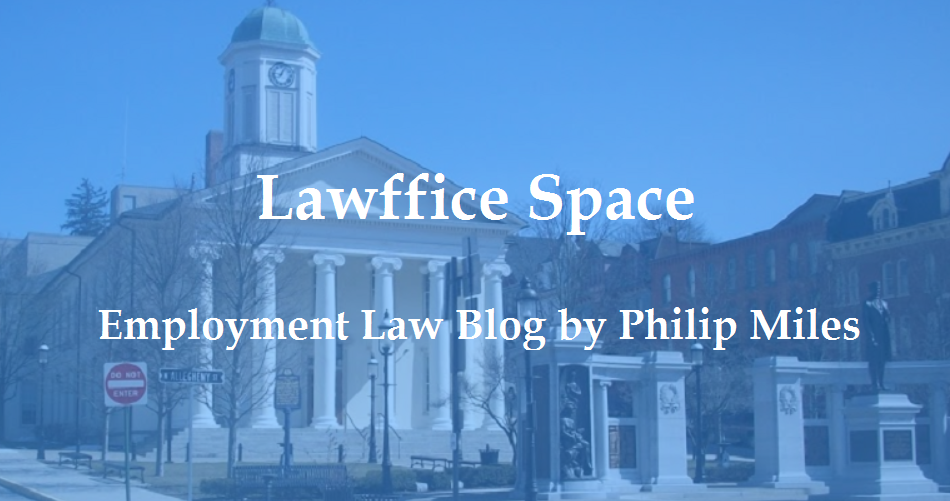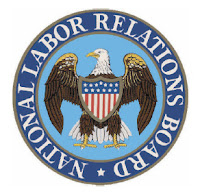Yesterday, the FTC released its final rule banning noncompetes (Announcement | Final Rule). Of course, we had some idea of what to expect from the proposed rule. But, as always, there were a few teaks in the final version. The final rule is 570 pages, so I haven't digested the whole thing yet, but here are some highlights:
The Gist
Employee noncompetes are an unfair method of competition and therefore unenforceable. In other words, it bans new noncompetes *and* renders existing noncompetes unenforceable.
Effective Date
120 days after publication in the Federal Register - probably late August-ish,
Changes from Proposed Rule
- Existing noncompetes can still be enforced against "Senior Executives" (workers earning more than $151,164 who are in a "policy-making position"), but no new noncompetes.
- Employers are no longer required to formally rescind existing noncompetes. Instead, they can simply provide notice to the employee that the existing noncompete will not be enforced. The rule includes a model notice.
- A noncompete in connection with the sale of a business (note that the Final Rule drops the 25% ownership requirement from the proposed rule).
- Causes of action that accrue prior to the effective date.
Not official use.
- Non-Disclosure Agreements (NDAs);
- Non-Solictation Agreements (client and employee); and
- Training Repayment Agreement Provisions (TRAPs).






